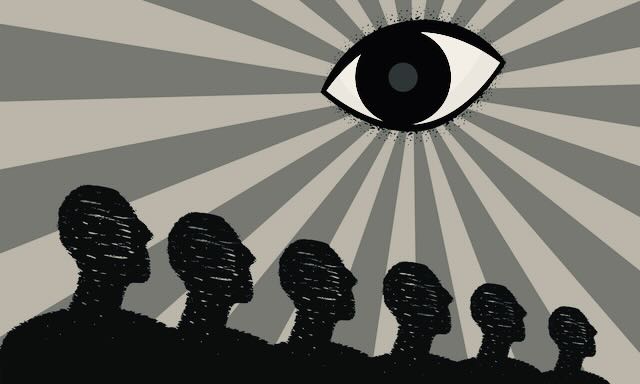As we enter into a new year, HART continues to retain faith in ordinary people’s ability to resist – and ultimately reject – the march of authoritarianism, and to frustrate the ‘expert’ technocrats’ systematic attempts to influence our thoughts, speech, and behaviour.
Ethics

State of the nation: in a bit of a state?
Welcome to 2024. Even in the depths of the great coronapanic debacle of early 2020, one might have assumed – all things being equal, of course – that by now society would have veered back on course, the majority of right-thinking folk having realised the folly of the great misadventure.
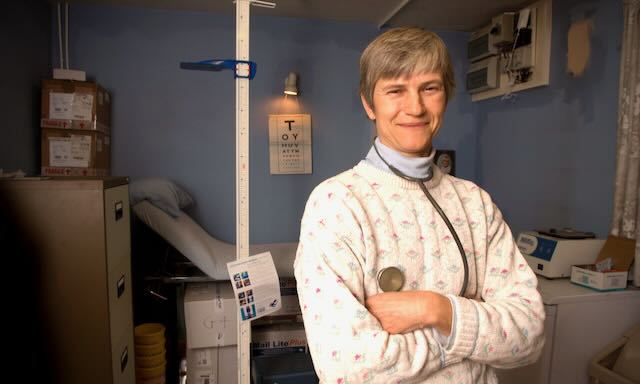
First, Do Harm: A Sorry Tale in the Daily Mail
The sordid state of the medical system here in the UK is laid bare in excruciating detail in a recent Daily Mail article which chooses to perpetuate myths and disinformation rather than engage in genuine reporting.

Pick of the week
A selection of articles that we feel you will find worth the time.
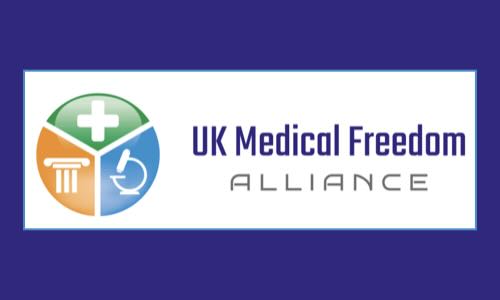
Ethics Matter – The UK Medical Freedom Alliance
The UK Medical Freedom Alliance is one of the unsung heroes of the covid era. Formed in response to the draconian and deeply unethical policies rolled out by the government in 2020, they have worked tirelessly to ensure the public has access to important resources and information on their basic rights around medical choices.

Unjustified Unblinding
The failure of regulators to set baseline requirements for unblinding leaves a gaping hole in regulatory oversight, raising questions on the commitments to transparency, ethics, and scientific robustness in these and future trials.
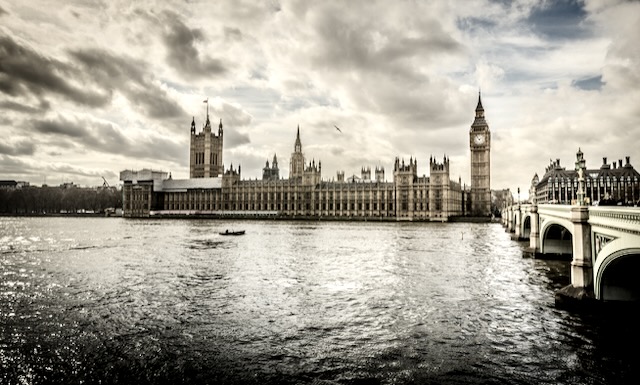
Joint open letter to MPs who voted for vaccine mandates
HART have joined with The Thinking Coalition and UK Medical Freedom Alliance in a letter to all those MPs who voted for mandatory vaccination for Social Care Workers in summer of 2021. Much was written at the time of the huge ethical issues, quite apart from the likely loss of many skilled and dedicated staff. Labour voted against the government at the time, in response to calls from unions whose members were likely to be impacted.

Balancing on an ethical knife edge
It is important that we admit what we do not know and there are many gaps to the end of life Midazolam story. In fact it is possible to interpret what we do know in two totally different ways. 1. The relatives have been deceived or 2. The relatives are right.

Ethical boundaries in medical decision-making can be blurred by circumstances
An analysis of the spatial characteristics of deaths during the spring 2020 wave in Northern Italy was carried out by him along with a Panda colleague; this suggested that it looked nothing like a spreading virus, and more like the sudden imposition of a policy response.

Corporate Research NHS-style
Digging into the trial centres and the sponsorship has highlighted the current state of medical research in the UK and the influence of the drug company sponsor. Several of the centres involved are commercial companies with clearly a need to undertake drug company sponsored research in order to make a profit for their organisation.

AstraZeneca children’s trial breaches Helsinki
As a retired paediatrician, I was shocked to see the Oxford Vaccine Group advertising on Twitter for children aged 6-17 to join the latest Sars-CoV-2 vaccine trial[1]. In the two days it has taken me coposing this letter, I now see from tonight’s BBC news that the trial has already begun.

NextCOVE
You may think that Covid-19 vaccines for healthy children have been withdrawn but don’t worry your child can get their next fix by enrolling in the NextCOVE trial, launched last month in Bradford, with several other centres across the UK due to start recruiting soon. The trial was announced by Yahoo ironically on the same day, 30th June, that all routine covid vaccines ended.

The inversion of the ‘precautionary principle’
The precautionary principle (PP), in its original form, counselled those considering the introduction of an innovative idea – a new way of doing things – to pause and think carefully about the balance between potential benefits and potential harms of the novel intervention, with the emphasis on “potential”, since by their nature innovations will invariably carry a high risk of unknown and unknowable risks of harm. As such, the principle complemented the long-standing Hippocratic oath of our medical doctors to, ‘First do no harm’.

A line in the sand for euthanasia
It is easy to make an argument for euthanasia. Heart wrenching stories can be told about people who are suffering terribly and genuinely want to see their already imminent death hastened. The argument for not crossing this line is because as soon as it is crossed there is a very slippery slope on the other side. Canada has demonstrated this in a most tragic way.
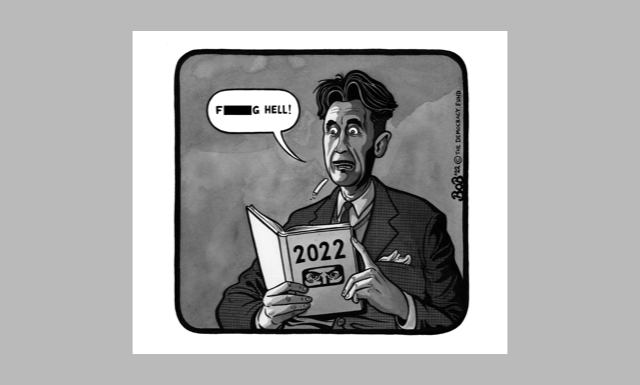
Doctors must take back control
Somewhere in England in early 2023, a large group of medics gathered together for an annual conference. No need for the details, lest the GMC attack dogs start frothing at the mouth at the idea of yet another potential witch hunt.
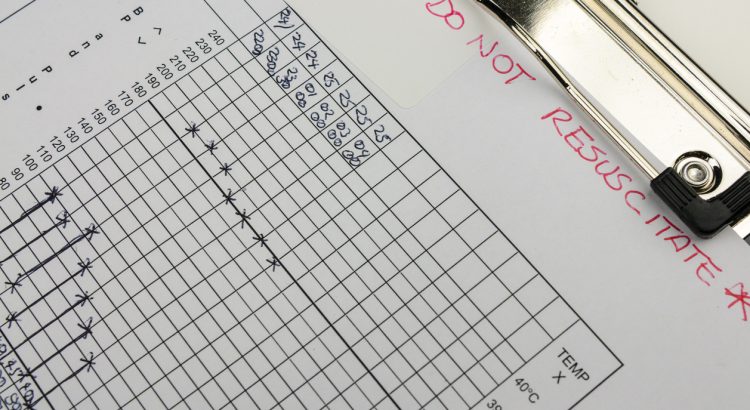
The impact of blanket Do Not Resuscitate orders
In spring 2020, certain groups were denied access to care based on their age, frailty, and underlying health conditions. Blanket Do Not Resuscitate (DNR) orders were issued, without the patient’s consent. Certain hospitals also introduced a policy of not admitting anyone who had a DNR such that active medical care was also denied. How did this come about?

The Banality of Evil, 21st Century Edition
Hannah Arendt is famous for her writings on the banality of evil. Her basic observation is that atrocities such as those seen in World War II were able to happen precisely because ordinary people became — through unconscious obedience and an individual failure to think — wheels in a grotesque machine. “How could that happen?” or “I would never have taken part in this!” are common instincts when reading about such historical events.
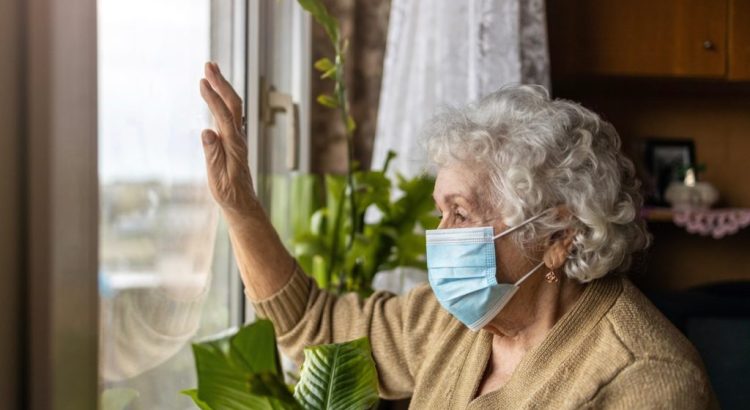
Continued restrictions to visiting in care settings
It is 8 months since the government lifted all remaining restrictions to visiting in care settings. But despite these changes, many families are still restricted from visiting family members in care, and support groups continue to report limits to visiting.
